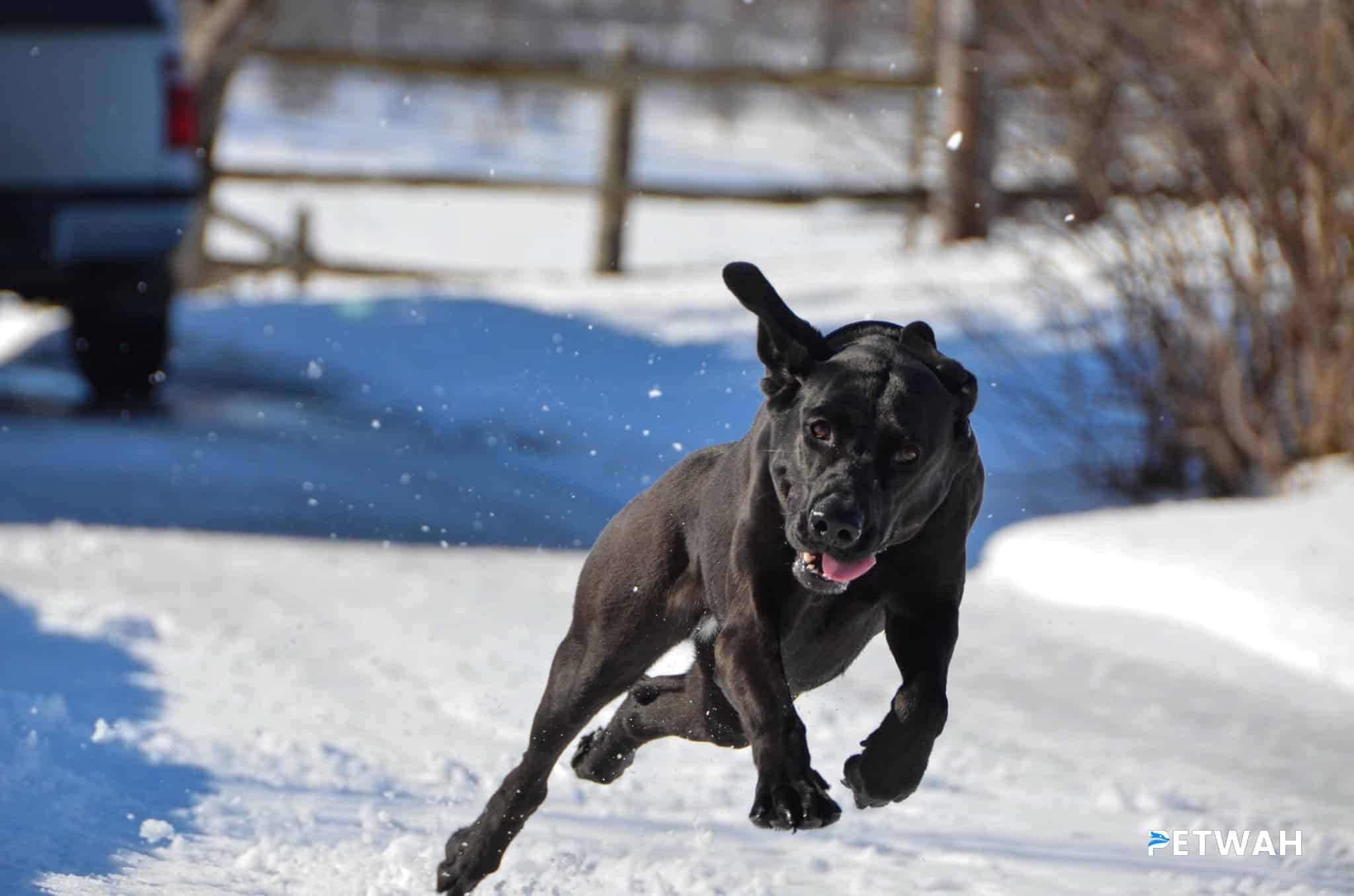As pet owners, we always want our furry friends to be happy, healthy, and comfortable. Unfortunately, allergies can make life miserable for our dogs. Allergic reactions can cause itching, sneezing, coughing, and even skin infections. If your dog is suffering from allergies, you may feel helpless and unsure of how to help them. But don’t worry – there are several ways you can help your dog manage their allergies and improve their quality of life. In this comprehensive guide, we’ll explore five effective ways to help your dog cope with allergies.
As much as we love our furry friends, allergies can cause them a lot of discomfort and pain. Allergies in dogs can be caused by a variety of factors, such as food, pollen, dust mites, and fleas. If your dog is displaying symptoms of allergies, such as itching, scratching, redness, or inflammation, it’s important to take action and help them manage their condition. Here are five effective ways to help your dog manage allergies:
1. Identify the source of the allergy: The first step in helping your dog manage their allergies is to identify the source of the allergy. This can be done through allergy testing at your veterinarian’s office. Once the source of the allergy is identified, you can take steps to remove it from your dog’s environment.
2. Change their diet: If your dog’s allergies are caused by food, changing their diet can help alleviate their symptoms. Consult with your veterinarian to determine the best diet for your dog’s needs. A hypoallergenic diet or a diet with limited ingredients may be recommended.
.jpg)
3. Use medication: Your veterinarian may also recommend medication to help manage your dog’s allergies. Antihistamines, steroids, and immunotherapy are all options that can help reduce inflammation and relieve symptoms.
4. Keep them clean: Regular baths can help reduce the amount of allergens on your dog’s skin and fur. Use a gentle, hypoallergenic shampoo and conditioner and avoid over-bathing, which can dry out their skin.
5. Manage their environment: To reduce the amount of allergens in your dog’s environment, consider using air filters, vacuuming regularly, and washing your dog’s bedding frequently. If your dog is allergic to pollen, avoid walking them during peak pollen times and wipe their paws after being outside.
Overall, allergies can cause a lot of discomfort for your furry friend, but there are several effective ways to help manage their symptoms. Identifying the source of the allergy, changing their diet, using medication, keeping them clean, and managing their environment are all effective ways to help your dog cope with allergies. Consult with your veterinarian to determine the best course of action for your dog’s individual needs. With the right care and management, your dog can live a happy, healthy, and allergy-free life.
In conclusion, allergies can be a frustrating and uncomfortable experience for both dogs and owners. However, with the right care and attention, your furry friend can manage their allergies and lead a happy and healthy life. Remember to consult with your vet, provide a healthy diet, clean and maintain your home, use natural remedies, and show your dog plenty of love and affection. By following these tips, you can help your dog cope with allergies and enjoy many more happy years together.


.jpg)
.jpg)
%20-%20Copy.jpg)



